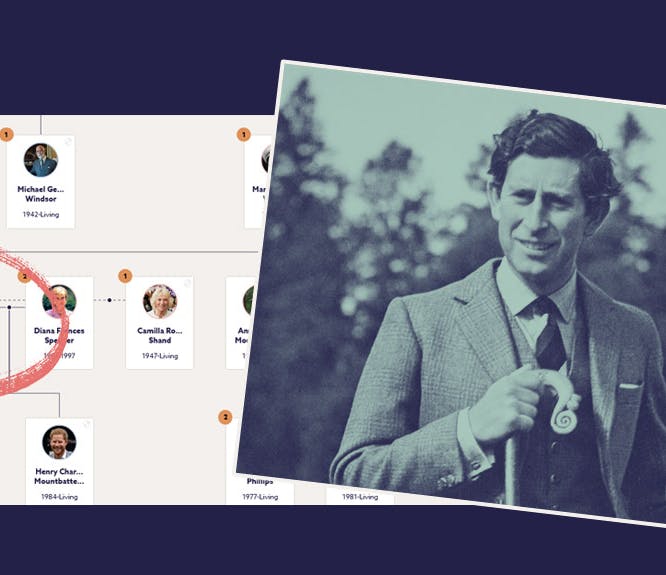Inspirational women from history: Food Heritage hero Florence White
5-6 minute read
By Ellie Ayton | March 12, 2024
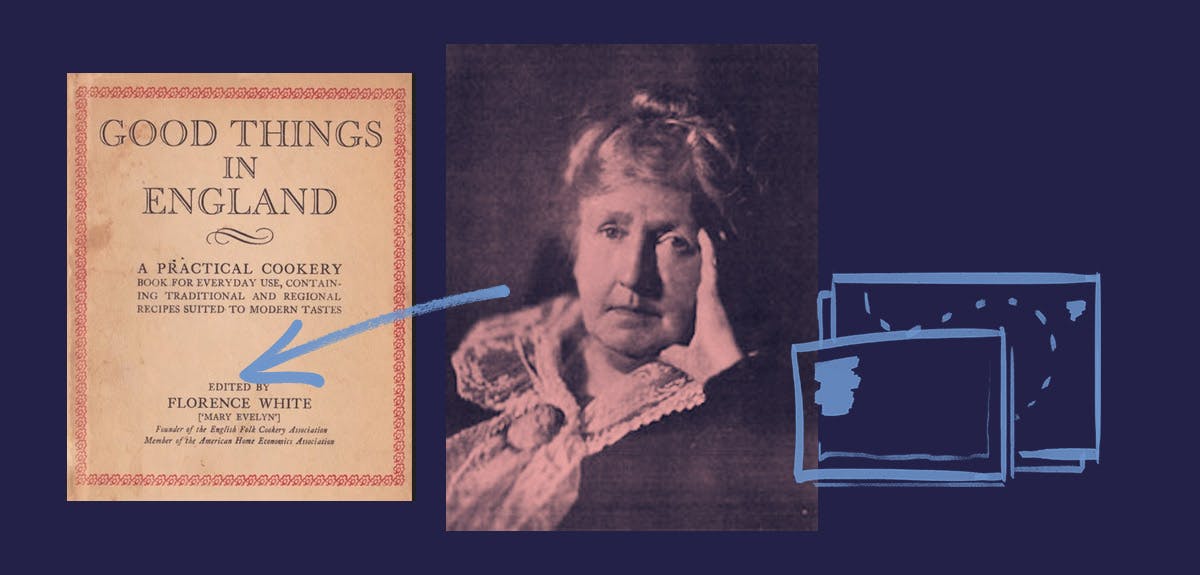
Florence White was a culinary journalist and the author of the iconic cookbook Good Things in England (1932). Learn about the hardships she overcame and her contribution to British food heritage today.
In years gone by, many of England’s most traditional recipes were passed down from parents to their children. As they were not written down, many recipes were at risk of being forgotten. Enter Florence White, who made it her mission to research and record England’s food heritage and train the next generation of food heroes.
From losing her mother at a young age to being blinded in one eye, Florence White followed her passion for food and eventually became Britain’s very first freelance food journalist.
This is her story.
You have the chance to vote for an amazing historical woman who you feel deserves to be commemorated with a plaque in 2024. If Florence's inspirational story strikes a chord with you, pick her name amongst the list here, or vote for her at the bottom of this page.
Who was Florence White?
Born in Surrey in 1863, Florence Louisa White was the daughter of Richard White and Harriet Jane Thirkell. She was one of at least four children. Richard also had children from his previous marriage, Florence’s elder half-siblings – Edward, Newington and Olive.

Florence and her family in the 1871 Census. You can view the full record here.
At just six years old, Florence’s mother Harriet tragically died. With several children to care for, Richard remarried. This is where we find the family in the 1871 Census, along with Florence’s newest half-sibling, 3-month-old Reginald.
It's alleged that Florence did not have a good relationship with her stepmother. Florence was blinded in one eye following an accident, and following her father’s financial difficulties in the 1870s, both she and her sister Kate had their formal education stopped. Florence's longstanding dream of attending Girton College in Cambridge was lost.
Florence became a maid of all work for her family and governess to her younger siblings. Around this time, she learned to cook, later describing herself as a ‘veritable Cinderella'.
Women inspiring women
By age 18, Florence supported her paternal aunts, Harriet and Louisa, in the running of the Red Lion Hotel in Fareham. Here, she was introduced to traditional cookery, later described by her as the ‘good epicurean country-house cookery which had been handed down in the family from mother to daughter since the days of Queen Elizabeth.’
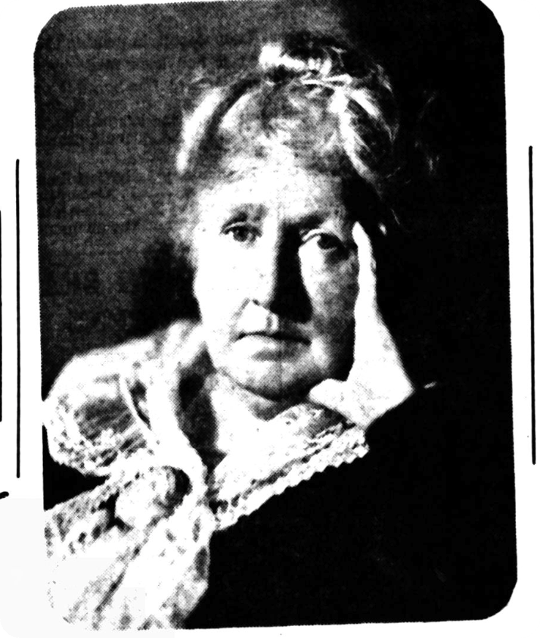
Florence pictured in an obituary in 1940, in the Hampshire Telegraph, 21 March 1940.
While Harriet and Louisa suffered from health issues, Florence sharpened her skills, learning how to paunch hares, and draw, truss and roast poultry.

The Red Lion in Fareham, where Florence learned more cooking skills under the watchful eyes of her two aunts.
Colin Babb / Red Lion Hotel - Fareham / CC BY-SA 2.0.
For much of her life, Florence juggled work as a freelance journalist with odd jobs in teaching (she was an assistant in a high school in 1891) and shopkeeping.
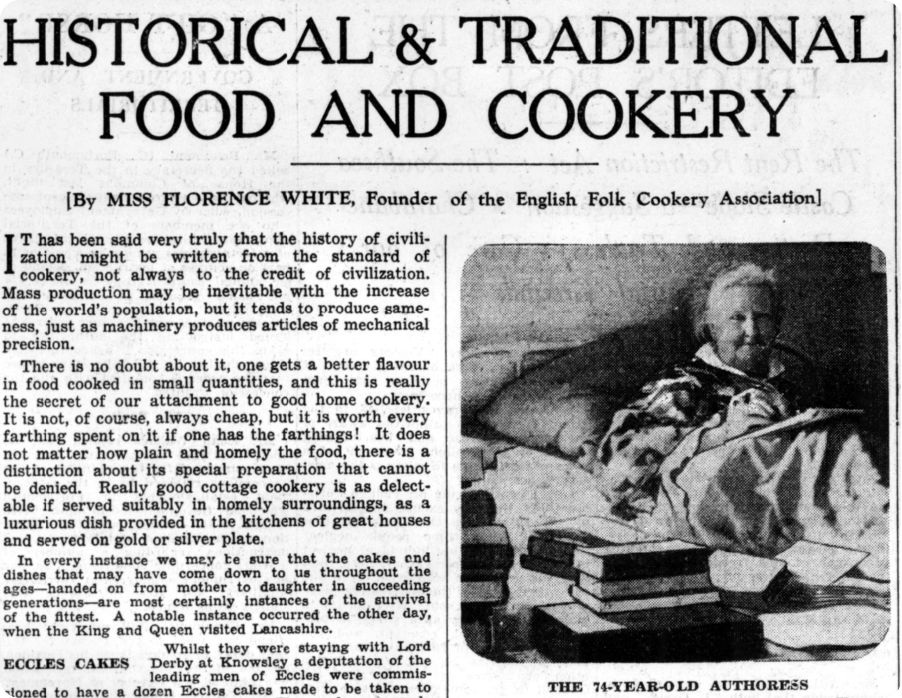
Florence’s journalism in the Portsmouth Evening News, 15 June 1938, discusses the history of Eccles cakes and other similar foodstuffs.
At the Edinburgh Evening News, she was the only woman on a staff of 20 men.
The English Folk Cookery Association
By 1928, after a year of travelling, Florence realised that many of England’s finest recipes were at risk of being lost. Thus, she founded the English Folk Cookery Association, aiming to ‘use as much fresh home and locally produced food as possible instead of sophisticated foods'.

Florence in the 1939 Register, living alone as a journalist and author. View the full record here.
Using the money raised by subscriptions of its members, the Association funded the training of cooks and domestic servants and opened a school in Fareham. Until her health began to fail, Florence taught classes to women from all walks of life.
Florence White's legacy
Her autobiography A Fire in the Kitchen Sink describes her work to train thousands of women and girls in cookery. It also recounts her tireless mission to save dishes from being lost to history.
"There is no doubt about it, one gets a better flavour in food cooked in small quantities... It does not matter how plain and homely the food, there is a distinction about its special preparation that cannot be denied. Really good cottage cookery is as delectable if served suitably in homely surroundings, as a luxurious dish provided in the kitchens of great houses and served on a gold or silver plate."
In the 1930s, Florence put out a call for old recipes via newspaper advertisements.

Florence’s call for recipes in The Woman's Leader and the Common Cause, 6 March 1931.
Florence’s most famous publication, Good Things in England: A book of Real English Cookery, was published in 1932. It was the culmination of years of research. It contained 853 recipes, aiming to showcase the variety of English cuisine.
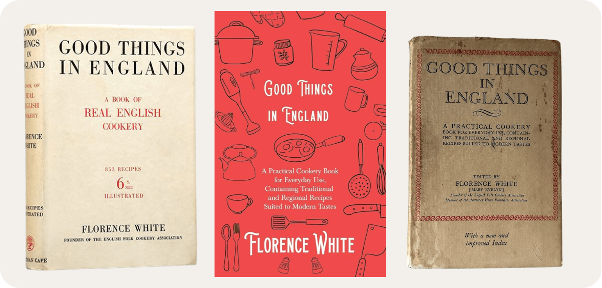
Various editions of Good Things in England, which is still in print today.
The 1930s also saw Florence publish a series of articles in The Queen on food history and lore in Devon, sharing recipes for things like Elizabethan pancake batter and bacon fraize.
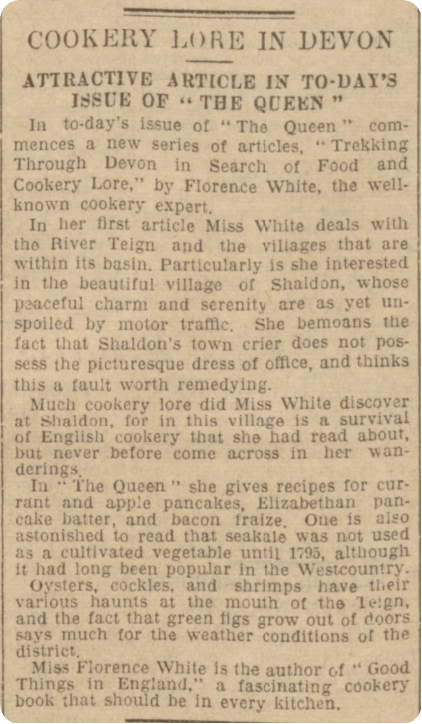
Western Morning News, 10 May 1933.
When Florence died in 1940, she was credited as being Edinburgh’s first woman journalist and a ‘second Mrs Beeton’, who ‘collected more than 3000 recipes, some dating back to the fourteenth century'. A historian of the kitchen, a former member of the Edinburgh Evening News staff, a writer, a teacher, and the founder of the English Folk Cookery Association... an impressive CV.
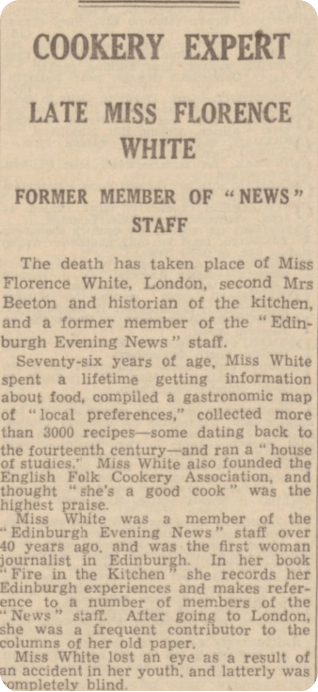
Florence's obituary in the Edinburgh Evening News, 16 March 1940.
At the time of her death, her bibliography included Easy Dressmaking (1891), Good Things in England (1932), Flowers as Food (1934), Good Food Register (1934), and A Fire in the Kitchen (1938). Florence White was a champion of locally sourced produce, with a fierce drive for keeping traditional English cooking alive and educating women in the art of food.
We’re on a mission to ensure women like Florence aren’t forgotten by history. She’s one of five women we’ve shortlisted in our poll – vote now, and later this summer, the winner will be commemorated with a special plaque.
Be sure to head over to our Herstory Hub to learn more about these five inspirational women today.
Related articles recommended for you
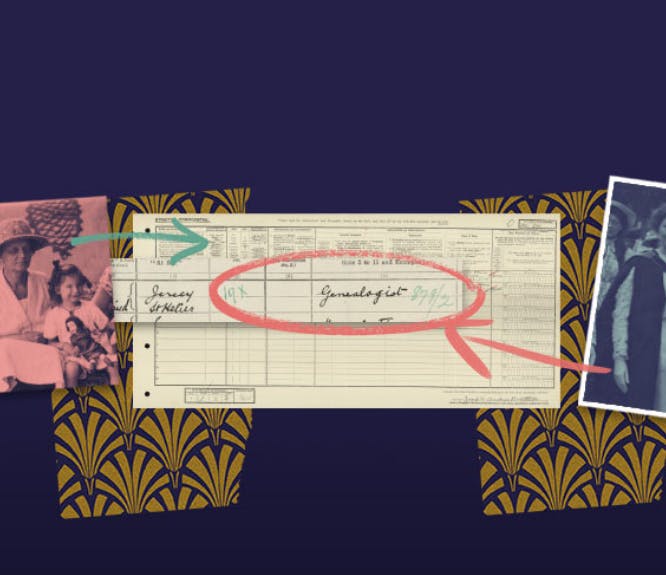
Genealogists in the 1921 Census of England and Wales: discover a profession that stands the test of time
History Hub
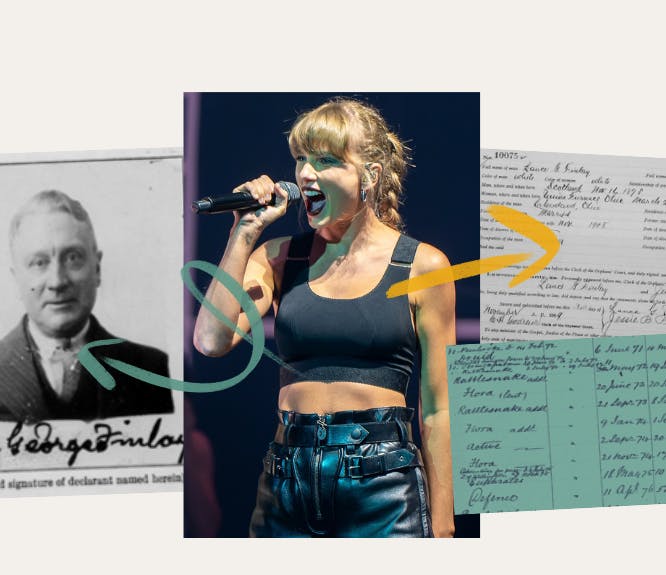
Taylor Swift’s family tree shines with love, heartbreak and the triumph of the human spirit
Discoveries
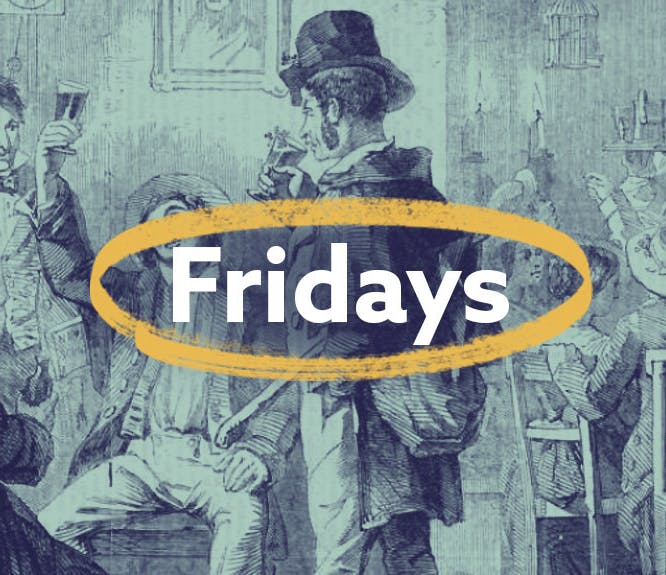
Celebrating Irish stories with almost a million new records
What's New?
